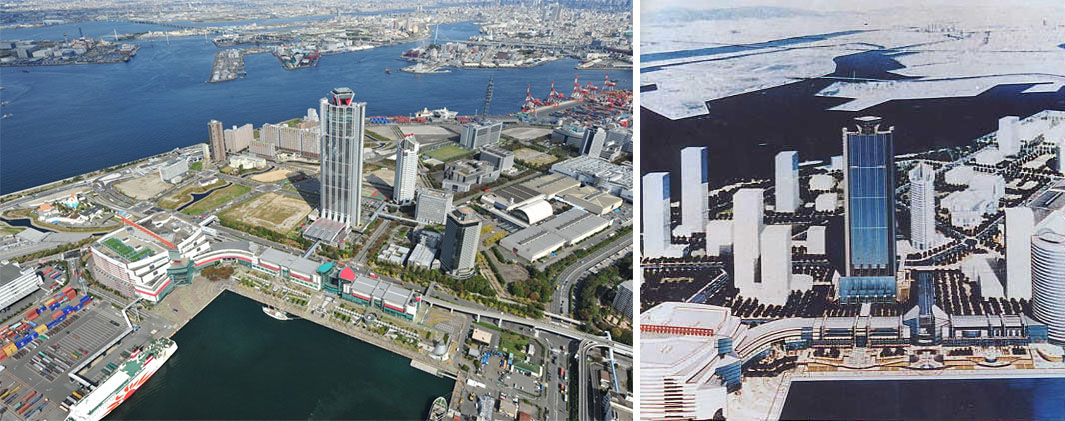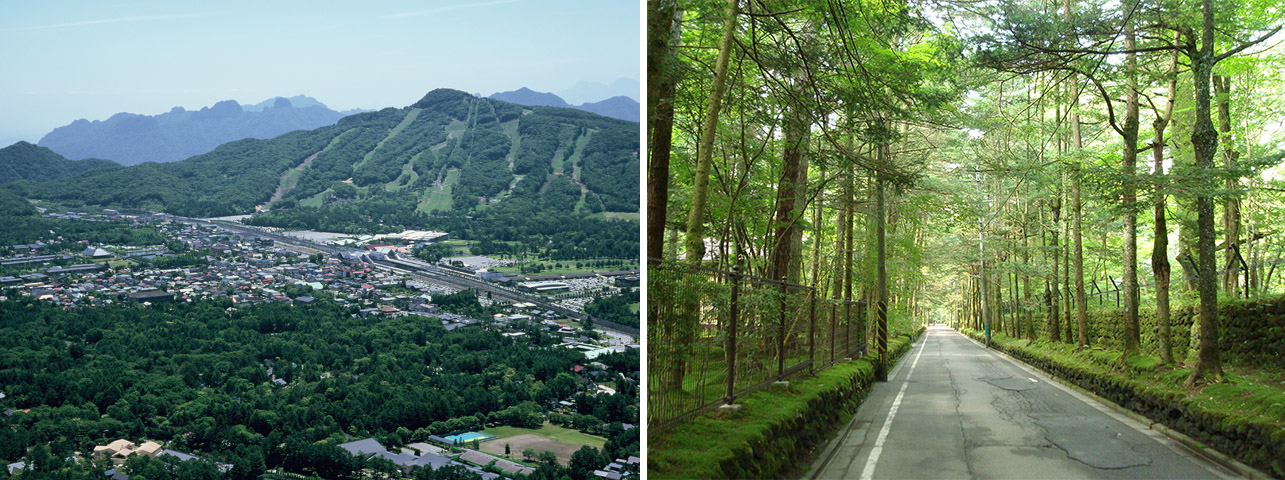Atami loses two hotels in August

Two reasonably large hotels in the beachside hot spring resort area of Atami in Shizuoka Prefecture closed their doors last month.
Atami Korakuen Hotel Misaki-kan Annex
Atami Korakuen Hotel closed their Misaki-kan annex building last month, ending 65 years of operations. The hotel will continue to operate in their newer building next-door, while the former annex building will be demolished and replaced with new facilities in time for the 2020 Tokyo Olympics.Read more
Historic Rokkosan Hotel sold to car importer

The 87-year old Rokkosan Hotel in Hyogo Prefecture has been sold to Osaka-based car importer Hakko Group for an undisclosed price. The sale includes the land and both the historic hotel and the adjacent, newer 45-room hotel building. This is the first hotel acquisition for the company. They plan to preserve the historic building and possibly re-open it next year. The newer building next-door will be demolished and replaced with new accommodation as well as multi-purpose hall facilities. In the meantime the hotel will continue to be operated by Hankyu Hanshin Hotels.Read more
Osaka government building looking for hotel to fill up empty floors

Plagued by high vacancy rates and high maintenance costs, Japan’s fourth tallest building is looking for a hotel to occupy its empty floors.
The Osaka Prefectural Government Sakishima Building is 40% vacant, with the remaining space largely taken up by government departments and private companies. The 55-storey building is inconveniently located on a man-made island in Osaka Bay with poor transport options. Additional concerns about earthquake risks have deterred potential tenants.
Osaka Prefectural Governor Ichiro Matsui announced that the government is considering appealing to a hotel operator to take up the vacant floors. The prefecture spends approximately 400 million Yen per year maintaining the building. If the 7th ~ 17th floors are occupied by a hotel, the building’s occupancy rate could reach 80%.Read more
Luxury onsen planned for Lake Shikotsu, Hokkaido

Tsuruga Holdings will be developing a luxury hot spring resort in Shikotsuko Onsen in Chitose, Hokkaido.
The hotel group plans to demolish the existing Shikotsuko Hokkai Hotel and replace it with a 3-storey, 24-room hotel with completion scheduled for early 2018. The new resort will feature open air ‘rotemburo’ hot spring baths in each room.Read more
Taiwan company buys building in Ota-ku for short-term accommodation
Tokyo-based real estate developer, Best Way, has sold one of their apartment buildings in Ota-ku to Taiwanese corporation Wellglory.
The building is currently under construction and due for completion in January 2017. The property was sold in anticipation of a potential further relaxation the the short-term leasing rules in Japan.
Earlier this year Best Way announced that they were building a 5-storey apartment building in Ota-ku that was specifically designed for short-term rentals. The building will contain 17 studio-type apartments. Units will feature connecting doors that allow flexibility and to cater to changing needs from occupants. It will also have additional security features as well sound-proofing and a coin laundry for guests to use.Read more
Chinese developer to build luxury resort in Lake Toya

Goldcommon Group, a Chinese property developer, is investing 10 billion Yen (99 million USD) into developing a high-grade hotel on the shores of Lake Toya in Hokkaido.
The resort will contain approximately 500 rooms for as many as 1,500 guests. The group hopes to create a resort suitable for long-term stays from wealthy tourists from China and other Asian countries. Operations are expected to commence in 2019.Read more
Hotel development boom in Karuizawa

Karuizawa, an upscale summer resort town in Nagano Prefecture, is seeing an increase in both the construction of new hotels and the refurbishment of existing properties. The opening of the Hokuriku Shinkansen bullet train line extension in March 2015 has further improved access for tourists, and has attracted the interest of several hoteliers who are planning new projects in the town.Read more
